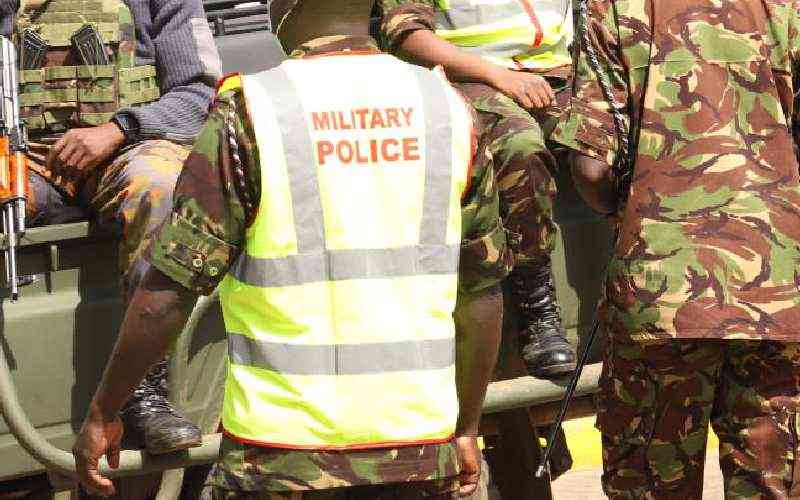
Disquiet among the public, academicians and security practitioners that the role of the National Security Advisor (NSA) recently established by President William Ruto would be in conflict with the roles of other security agencies; especially the National Intelligence Service (NIS) is not borne out of fact.
The apprehension arises from the reading of the functions of NIS Act 2012, as specified in Article 5 (c), which states as one of its functions; "advice the president and government of any threat or potential threat to national security". Likewise, article 9 (c) of the same Act on the functions of the Director General specifies that s/he is "the principal advisor to the president and government on national security based on security intelligence and counter-intelligence to enhance national security".